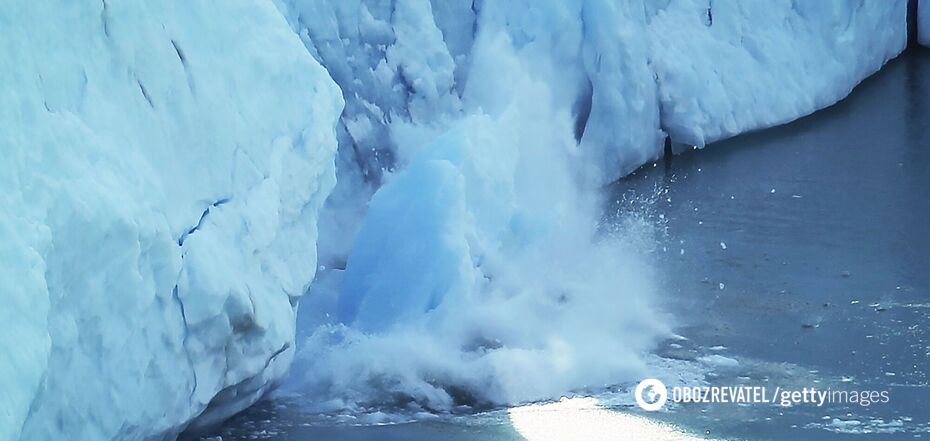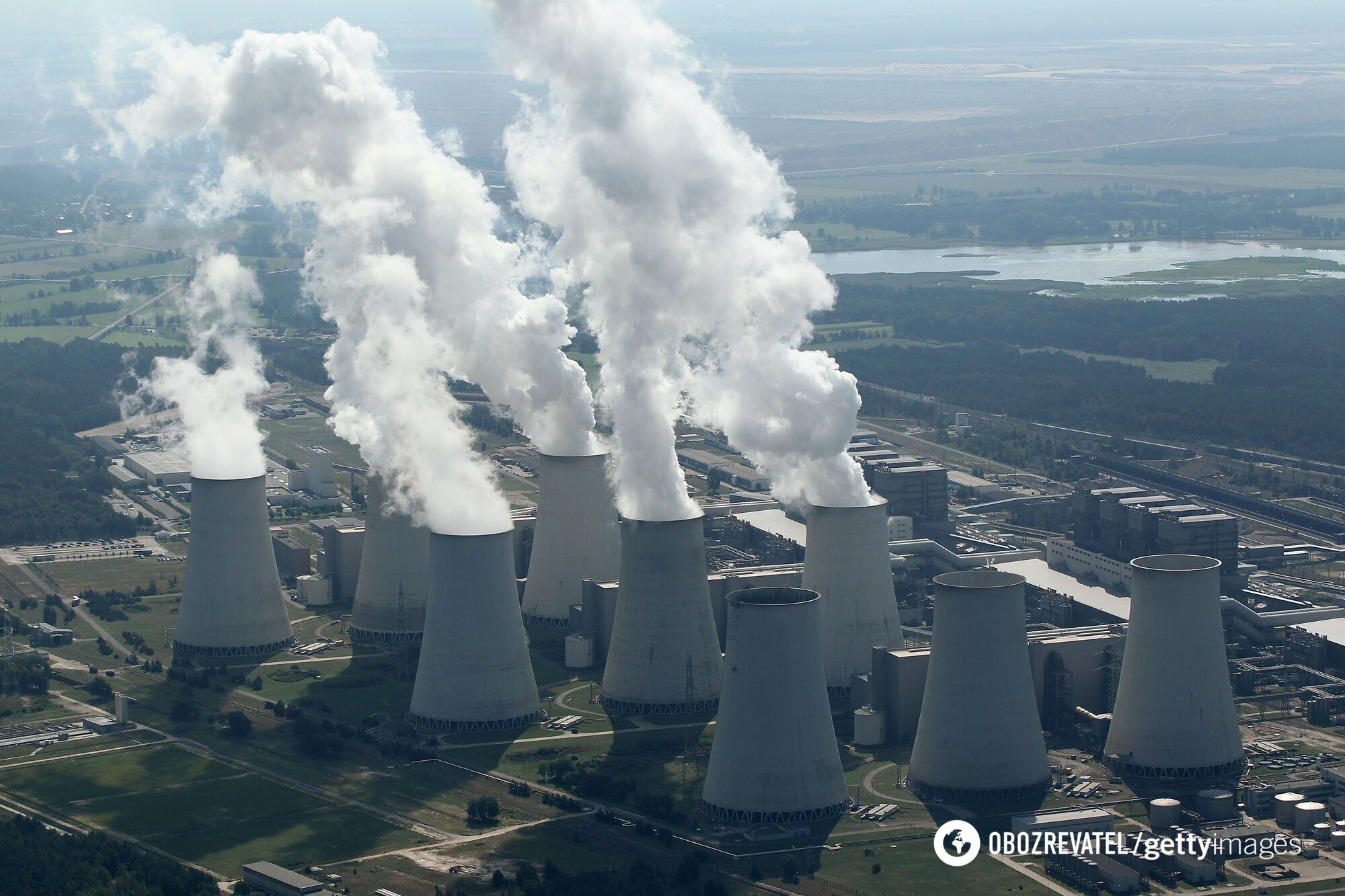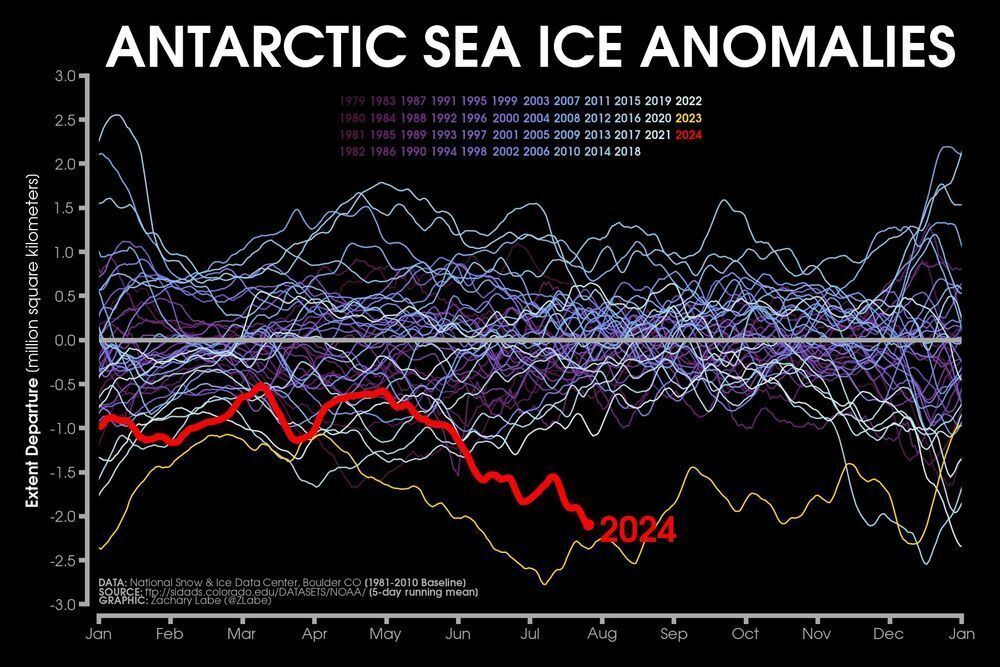News
Antarctic ice sheet is melting at a record pace, the consequences could be catastrophic - geologists
Antarctic ice sheet continues to melt at a record pace. Geologists warn that the consequences could be catastrophic.
Antarctica is losing weight and this is allowing the continent to rise from the ocean. Scientists compare it to a once-squished sponge now free to expand again, ScienceAlert writes.
According to scientists, this process is called post-glacial uplift, and new research shows that it will have a huge impact on future global sea level rise. This could reduce Antarctica's contribution by up to 40 percent, or make the situation worse overall, depending on how much fossil fuels that trap heat and affect ice melt humanity continues to release into the atmosphere.
"With nearly 700 million people living in coastal areas and the potential cost of sea-level rise reaching trillions of dollars by the end of the century, understanding the domino effect of Antarctic ice melt is crucial," said glaciologist Natalya Gomez of McGill University.
Gomez and her colleagues studied the Earth's mantle beneath the Antarctic glacier and found that it is particularly soft in some key areas. Seismic data showed that this high level of viscosity creates an unexpectedly rapid rise of the earth.
"Our measurements show that the solid earth that forms the base of the Antarctic ice sheet is changing shape surprisingly quickly," said geologist Terry Wilson of Ohio State University.
The team of researchers used 3D modeling to understand the sea level rise due to Antarctic land change under different scenarios. According to the scientists, if the level of warming remains low, it will contribute to a 1.7 meter sea level rise by 2500. But if humanity continues to contribute to global warming, the sea level will rise to a dangerous 19.5 meters.
According to scientists, when the retreat of the ice sheet outstrips its rise, more water enters the ocean. But if this melting can be slowed, land rise will lift some of the ice away from the warm ocean waters, allowing it to persist longer.
Since the Earth is not a perfectly smooth ball, different parts of our planet are affected by sea level rise in different ways due to gravitational, rotational, and geological features.
The scientists emphasize that there is still a lot of uncertainty in their research, in particular due to the lack of seismic data from West Antarctica. And these estimates do not even take into account what is happening to the ice in Greenland and the mountains of the world.
Rising sea levels are already affecting low-lying islands, such as those in the central and western Pacific, for example, in Kiribati. Much of South Tarawa is less than 3 meters above sea level, where villagers in Temaiku have tried to hold back the ocean with sandbags. But in early 2024, the barriers were washed away and flooded houses, soil, and wells with salty sea water.
"Reducing greenhouse gas emissions will allow the rebound of the solid Earth to play a greater role in preserving more of the Antarctic ice sheets and avoiding the worst and most inequitable impacts of future climate change on global coastlines," Natalya Gomez and her colleagues concluded.
Only verified information is available on OBOZ.UA Telegram channel and Viber. Do not fall for fakes!






























